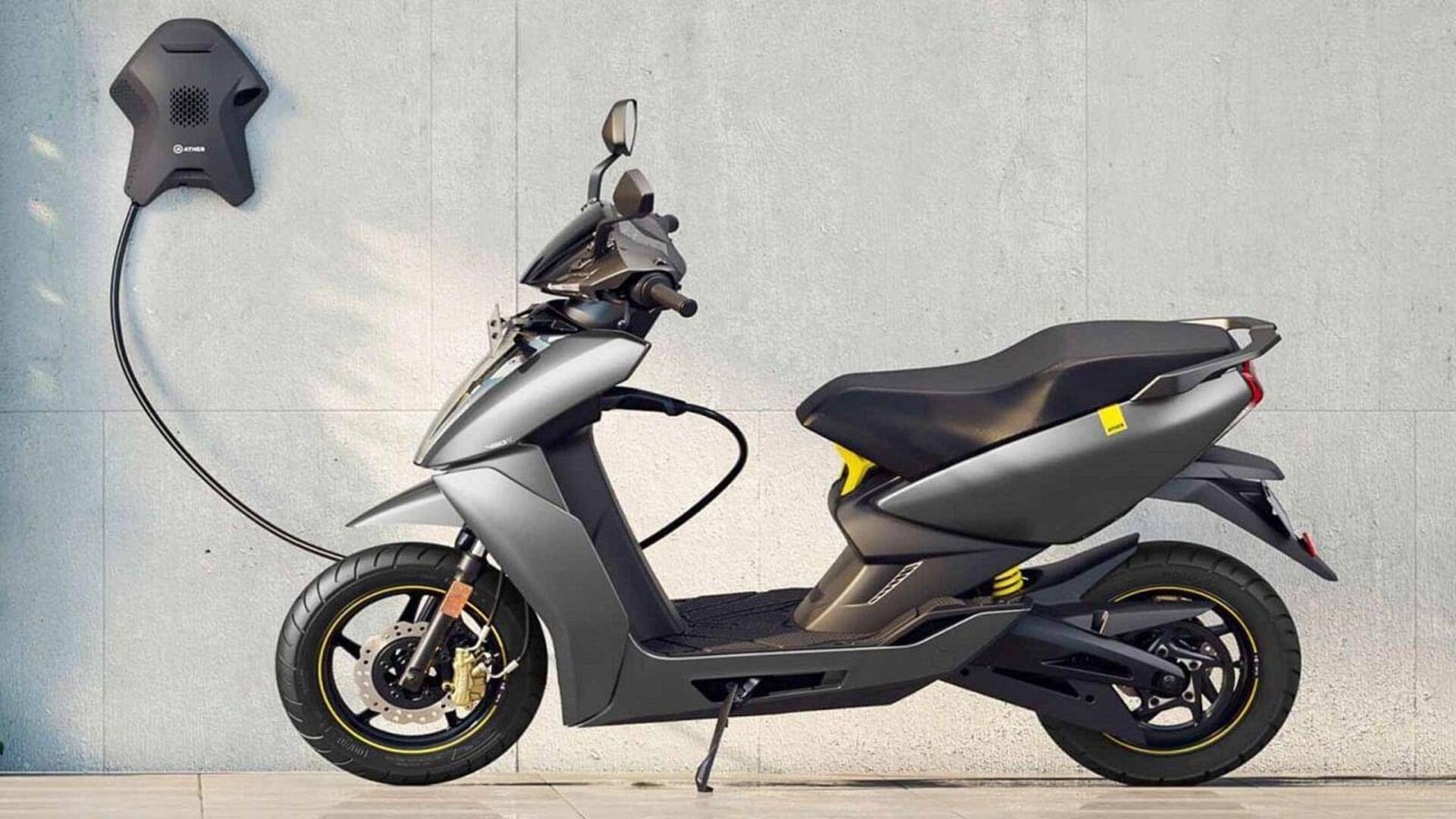
FAME subsidy removal on electric two-wheelers under consideration: Expected impact
What's the story
The Indian government is likely to discontinue subsidies for electric two-wheelers in the coming weeks. It appears hesitant to launch the third phase of the Faster Adoption and Manufacturing of Electric Vehicles (FAME III) initiative. This decision comes despite pressure from domestic manufacturers. The Ministry of Finance, along with other government branches, has expressed opposition to the plan.
Details
When is FAME II scheme ending?
The FAME II scheme started on April 1, 2019, to cover two, three, and four-wheelers used for public transport, with budgetary support of Rs. 10,000 crore for five years. It is set to end on March 31, 2024. As the end draws to a close, the government anticipates that another one million two-wheelers will benefit from the subsidy. Whether the action to end FAME scheme will result in stable sales or a downturn, will become evident in the near future.
Scenario
Government reduced subsidies for EVs earlier this year
The government reduced subsidies for electric vehicles earlier this year, resulting in a decline in sales of electric two-wheelers. Nevertheless, the numbers appear to be stabilizing now, prompting officials to argue that the transition to clean-fuel vehicles will happen naturally now. Partly, it will also happen due to the high running costs of fossil-fuel vehicles.
Scenario
New policy in exploration amid end of subsidy
The reluctance to introduce FAME III comes at a time when the government is considering a new scheme aimed at enticing high-end electric car manufacturers like Tesla, to produce vehicles in India for both domestic and export markets. The proposed scheme is currently under discussion and may resemble a production-linked incentive (PLI) mechanism or a phased manufacturing plan.
Insights
Manufacturers hopeful of getting an extension
Although electric two-wheeler demand has surged in southern and western India, it remains low in the northern and eastern regions. Manufacturers are hopeful that renewed interest will help these vehicles achieve a broader nationwide presence, especially as significant investments are being made in developing charging infrastructure and promoting electric vehicle awareness. The heavy industries ministry had suggested a more ambitious plan, but it has not gained traction thus far.